In an age where antibiotic resistance is a growing concern, turning to nature for its bounty of natural remedies is becoming increasingly important. Natural antibiotics are substances found in certain foods that help combat bacterial infections and boost overall health. Unlike synthetic antibiotics, these natural alternatives often come with fewer side effects and can support the body’s immune system in a gentler way. Here, we explore seven foods that are renowned for their natural antibiotic properties, explaining how they work and how you can incorporate them into your daily diet.
Nature’s Pharmacy: 7 Foods with Powerful Natural Antibiotics
1. Garlic: The Ancient Healer

Garlic has been used for centuries as a natural remedy for a variety of ailments. Its potent antibiotic properties come from a compound called allicin, which is released when garlic is crushed or chopped. Allicin has been shown to fight against a wide range of bacteria, viruses, and fungi.
How It Works: Allicin disrupts the processes that bacteria use to grow and multiply. This makes garlic effective against infections, especially when raw and consumed on an empty stomach.
Incorporating Garlic: Add raw garlic to your salads, dressings, or take it as a supplement to harness its antibiotic properties. Cooking garlic may reduce its allicin content, so for maximum benefit, it’s best consumed raw.
2. Honey: Sweet Yet Powerful
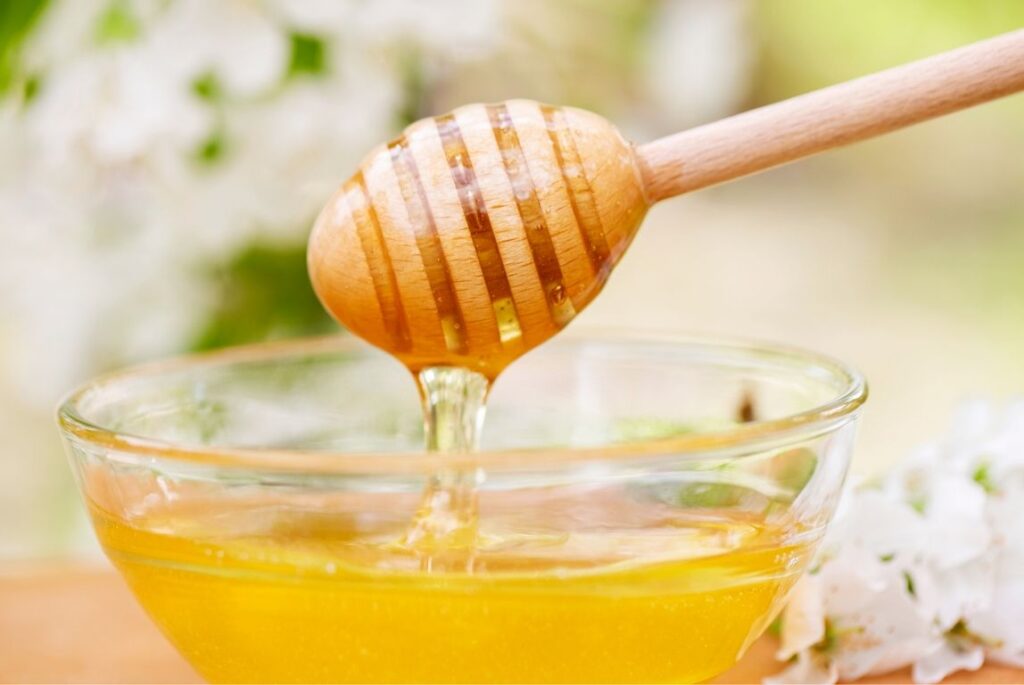
Honey, particularly Manuka honey, is another potent natural antibiotic. It has been used in traditional medicine for thousands of years, especially for treating wounds and infections. Honey’s antibiotic qualities are attributed to its hydrogen peroxide content and its low pH, which create an environment hostile to bacteria.
How It Works: The osmotic effect of honey draws moisture out of bacteria, effectively dehydrating and killing them. Additionally, Manuka honey contains methylglyoxal, a compound with powerful antibacterial properties.
Incorporating Honey: Use honey as a natural sweetener in tea, spread it on toast, or apply it topically to minor cuts and wounds to promote healing.
3. Ginger: The Spice of Life
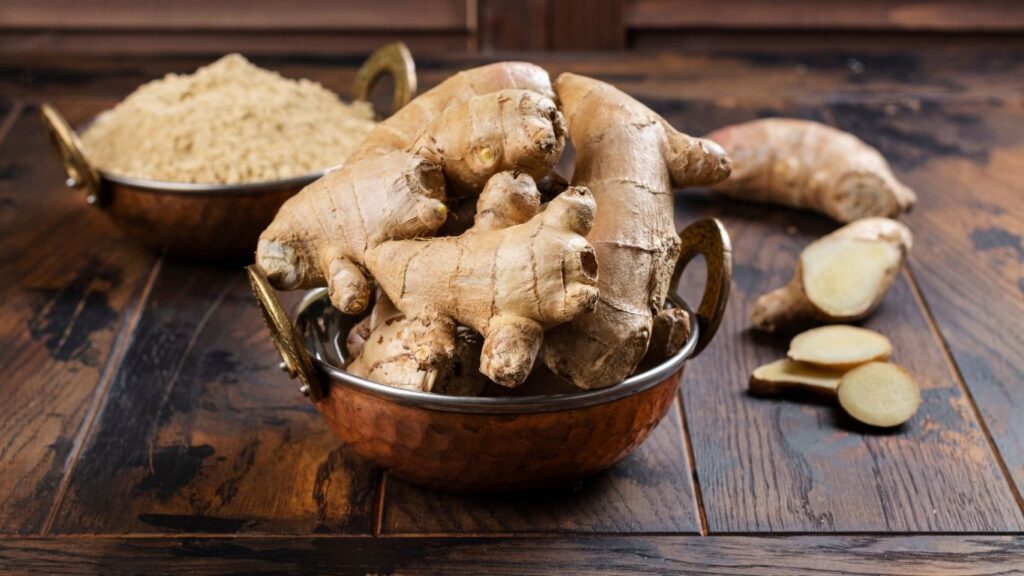
Ginger is well-known for its anti-inflammatory and digestive benefits, but it also possesses strong antibiotic properties. The active compounds in ginger, such as gingerol and zingerone, have been shown to inhibit the growth of various bacteria.
How It Works: Ginger’s bioactive compounds disrupt the cell walls of bacteria, preventing them from multiplying and spreading. This makes it effective against oral bacteria and respiratory infections.
Incorporating Ginger: Add fresh ginger to smoothies, teas, or stir-fries. It can also be used in baking or grated into soups and stews for a warming kick and health boost.
4. Turmeric: The Golden Antibiotic
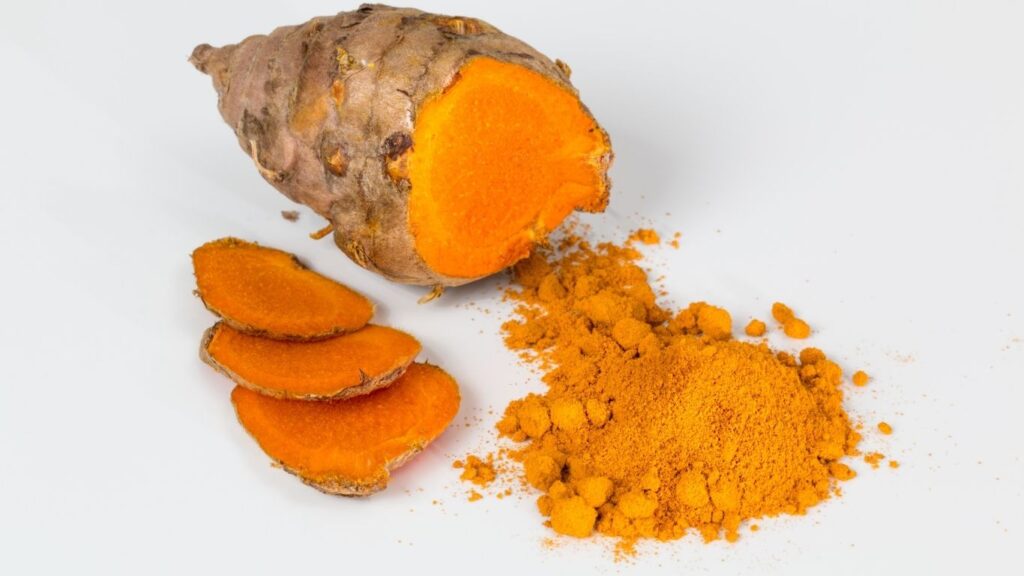
Turmeric, known for its vibrant yellow color and distinctive flavor, is a staple in Ayurvedic medicine. Curcumin, the active compound in turmeric, has been extensively studied for its antimicrobial properties.
How It Works: Curcumin disrupts bacterial cell membranes, inhibiting their ability to proliferate. It’s particularly effective against bacteria responsible for respiratory and skin infections.
Incorporating Turmeric: Use turmeric in curries, soups, or even in a soothing golden milk latte. For enhanced absorption, pair turmeric with black pepper, which contains piperine, a compound that increases curcumin’s bioavailability.
5. Oregano: More Than a Pizza Topping
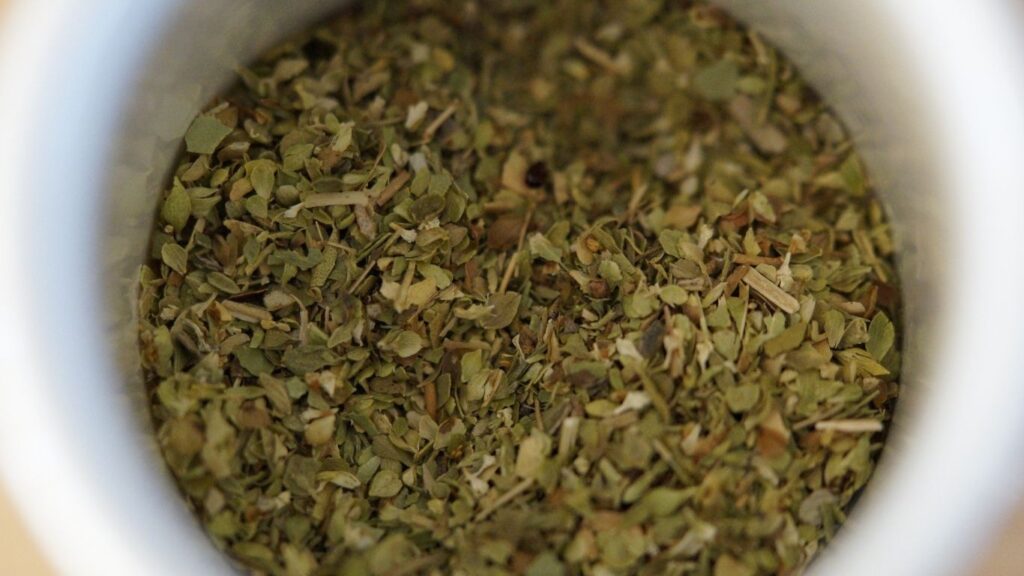
Oregano is not just a popular herb in Mediterranean cuisine; it’s also a powerful natural antibiotic. Oregano oil, in particular, contains carvacrol and thymol, compounds that have strong antimicrobial effects.
How It Works: Carvacrol and thymol disrupt bacterial cell membranes and inhibit their growth. Oregano oil has been shown to be effective against a variety of bacteria, including those that cause foodborne illnesses.
Incorporating Oregano: Use fresh or dried oregano in your cooking, or consider oregano oil supplements for a more concentrated dose. A few drops of oregano oil diluted in water can be used as a natural mouthwash to combat oral bacteria.
6. Cranberries: Nature’s Antibiotic for UTIs

Cranberries have long been associated with urinary tract health. They contain proanthocyanidins, which prevent bacteria from adhering to the walls of the urinary tract, thereby reducing the risk of infections.
How It Works: Proanthocyanidins in cranberries inhibit the adhesion of bacteria like E. coli, which is responsible for most urinary tract infections. By preventing bacteria from sticking, they are flushed out of the body more easily.
Incorporating Cranberries: Enjoy cranberries as a juice, in salads, or as dried snacks. Be cautious with store-bought cranberry juice, as it often contains added sugars. Opt for pure, unsweetened cranberry juice to maximize the health benefits.
7. Coconut Oil: The Tropical Antibiotic
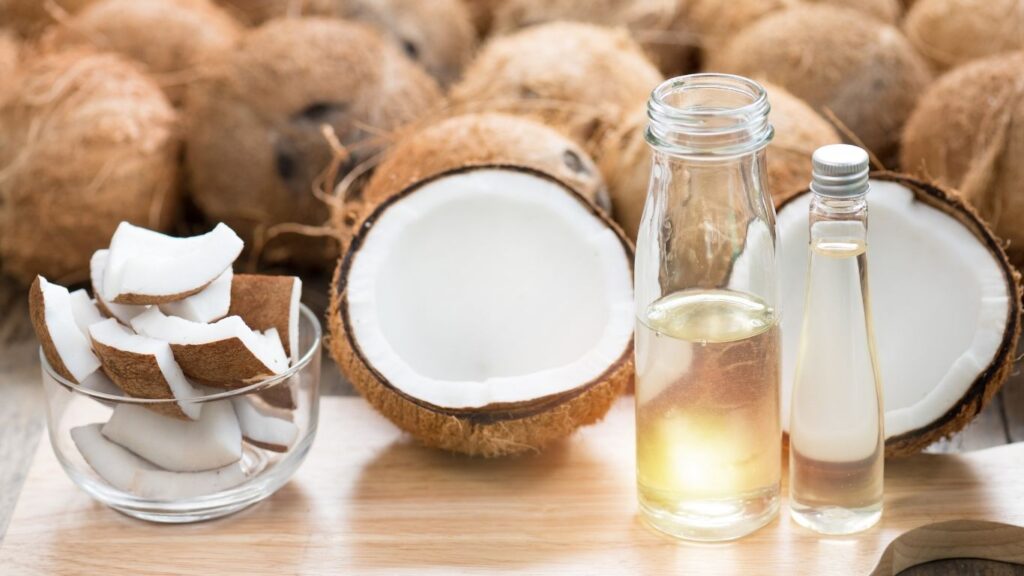
Coconut oil is rich in lauric acid, a medium-chain fatty acid that is converted into monolaurin in the body. Monolaurin is known for its ability to fight various pathogens, including bacteria, viruses, and fungi.
How It Works: Monolaurin disrupts the lipid membranes of bacteria, making them more susceptible to the body’s immune response. This makes coconut oil effective against skin infections and even some strains of bacteria that cause food poisoning.
Incorporating Coconut Oil: Use coconut oil for cooking, as a spread, or even as a moisturizer for its skin-healing properties. It’s a versatile ingredient that can be easily incorporated into your diet and skincare routine.
Conclusion
Incorporating natural antibiotics into your diet is a powerful way to boost your immune system and prevent infections. These foods not only offer antimicrobial benefits but also come packed with additional nutrients that support overall health. By making these natural remedies a regular part of your diet, you can take a proactive approach to maintaining your health, naturally. Whether it’s through the potent punch of raw garlic or the soothing effects of honey, nature’s pharmacy offers a wealth of options to keep you well.
Also read: Top 5 Foods to Cure Vitamin B-12 Deficiency
